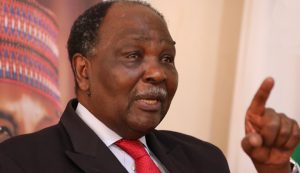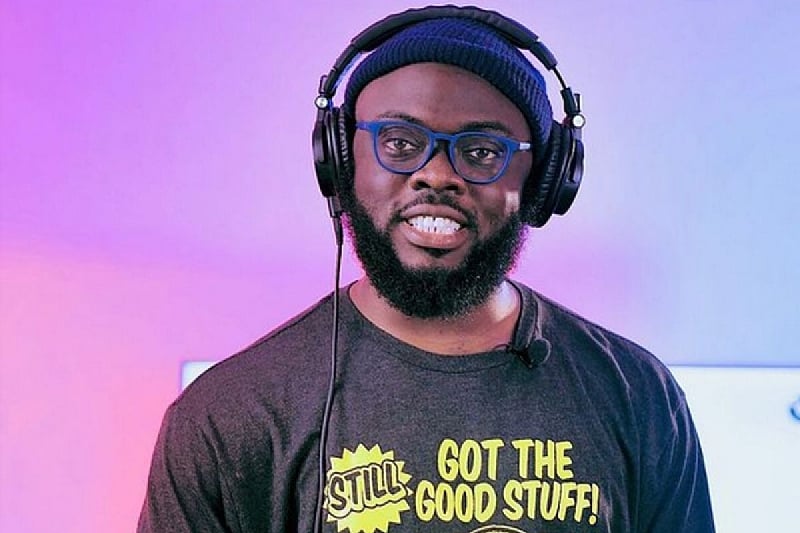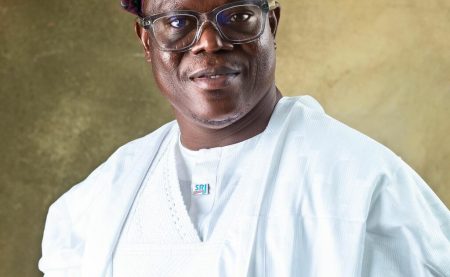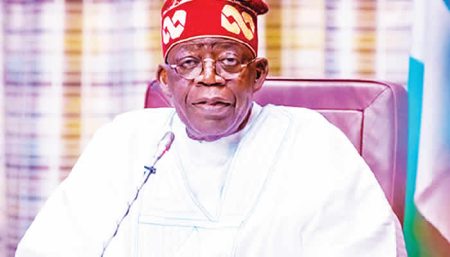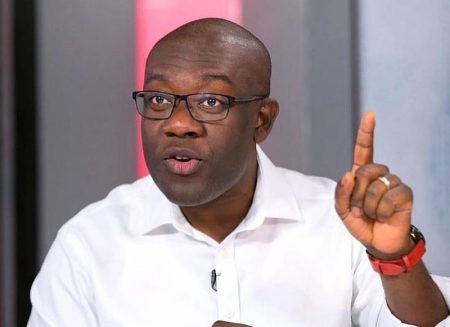Kwadwo Sheldon, a prominent Ghanaian YouTuber and content creator, has staunchly defended his open support for the New Patriotic Party (NPP), asserting that his political allegiance is rooted in personal conviction and ambition, not financial incentives. He emphasized that supporting a political party is a constitutional right and not a criminal act, dismissing criticisms leveled against him for his public endorsement of the NPP. Sheldon clarified that his support stems from a genuine belief in the party’s vision and his own aspirations for political office, hinting at a future parliamentary bid. He believes his support for the NPP aligns with his long-term goals and should not be misconstrued as an attempt to gain personal favors.
Sheldon’s unwavering support for the NPP extends to his endorsement of Dr. Mahamudu Bawumia, the former Vice President, as the party’s presidential candidate. He expressed unwavering confidence in Bawumia’s eventual presidency, emphasizing that it is an “inevitable” outcome despite any potential obstacles. Sheldon pledged to dedicate his resources and efforts to support Bawumia’s campaign, emphasizing his belief in the former Vice President’s vision for Ghana. This unwavering support underscores Sheldon’s commitment to the NPP and his belief in Bawumia’s leadership capabilities.
Sheldon’s open political stance reflects a broader trend among Ghanaian social media influencers who are becoming increasingly vocal about their political affiliations. While some influencers remain neutral, others, like Sheldon, are actively engaging in political discourse and endorsing specific parties and candidates. This growing trend highlights the evolving role of social media influencers in Ghana’s political landscape, where their platforms are being utilized to mobilize support and influence public opinion. The increasing politicization of influencers adds another layer to the political conversation, particularly among younger demographics.
Sheldon’s decision to publicly support the NPP has sparked debate about the role of influencers in politics and the potential implications of their endorsements. Some critics argue that influencers should remain neutral to maintain their credibility and avoid alienating followers who hold different political views. Others, however, contend that influencers have the right to express their political opinions and endorse candidates they believe in, just like any other citizen. This ongoing debate underscores the complexities of influencer engagement in political discourse and the need for transparency and responsible use of their platforms.
Sheldon’s case exemplifies the challenges faced by influencers who choose to express their political views openly. While it can amplify their reach and influence, it can also expose them to criticism and accusations of bias. The potential backlash can affect their brand image and relationships with followers, highlighting the delicate balance influencers must navigate when engaging in political discussions. This delicate balance requires careful consideration of the potential consequences and a commitment to responsible and ethical online behavior.
As the role of social media influencers in Ghanaian politics continues to evolve, it is crucial to examine the implications of their growing influence. The increasing politicization of online platforms demands further scrutiny, particularly concerning transparency and accountability. While influencers have the right to express their political views, it is essential for them to do so responsibly, acknowledging the potential impact on their audience and the broader political landscape. The evolving relationship between influencers and politics necessitates ongoing dialogue and critical examination of their role in shaping public opinion and political discourse.



